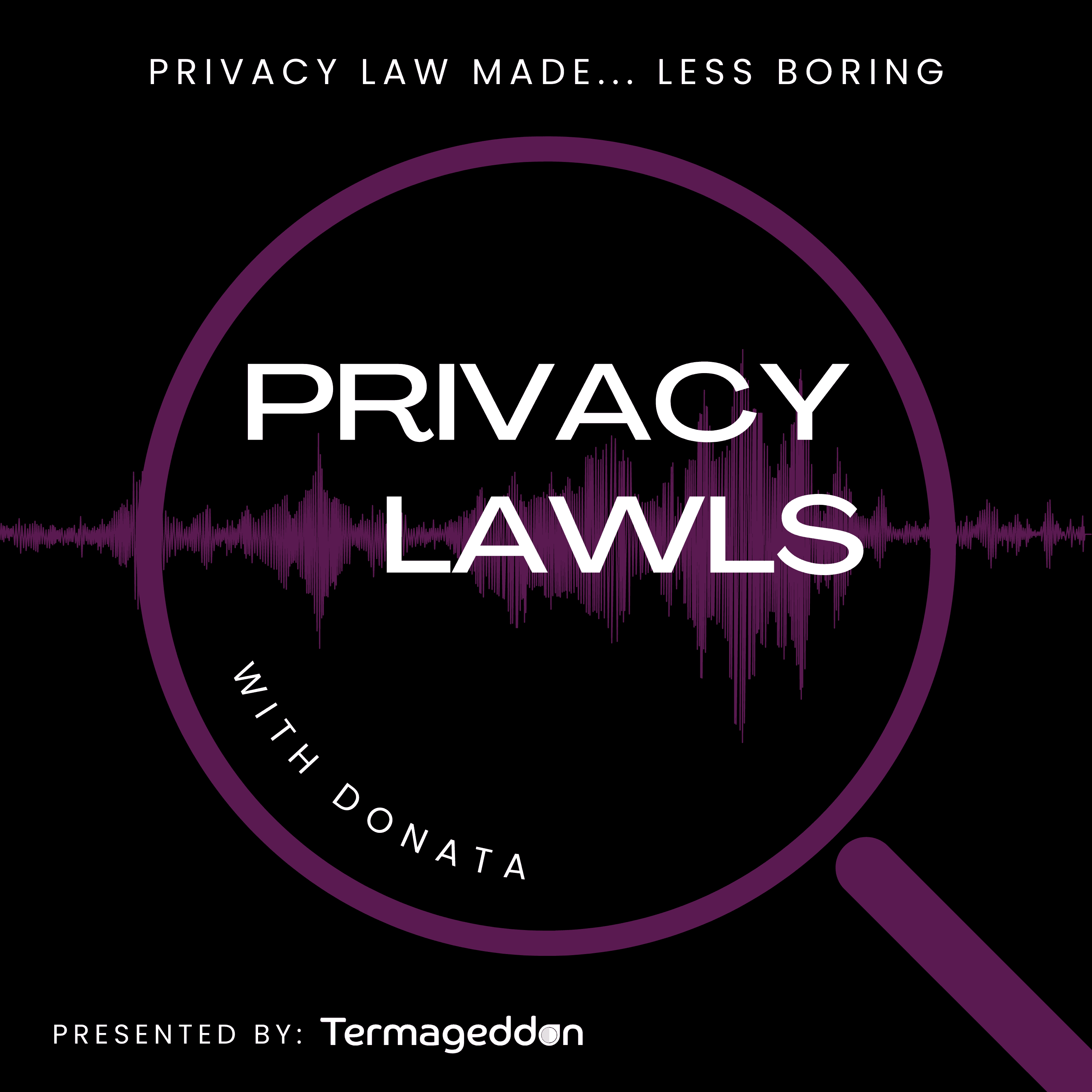What is privacy? Why should we care? Why does Mickey Mouse need your fingerprint? Are doorbell cameras worth the risk?
Guest, Hans Skillrud (Co-founder of Termageddon) comes on to discuss how today’s world views privacy for the first episode of Privacy Lawls.
Brought to you by Termageddon — website policies that automatically update as privacy laws change.
